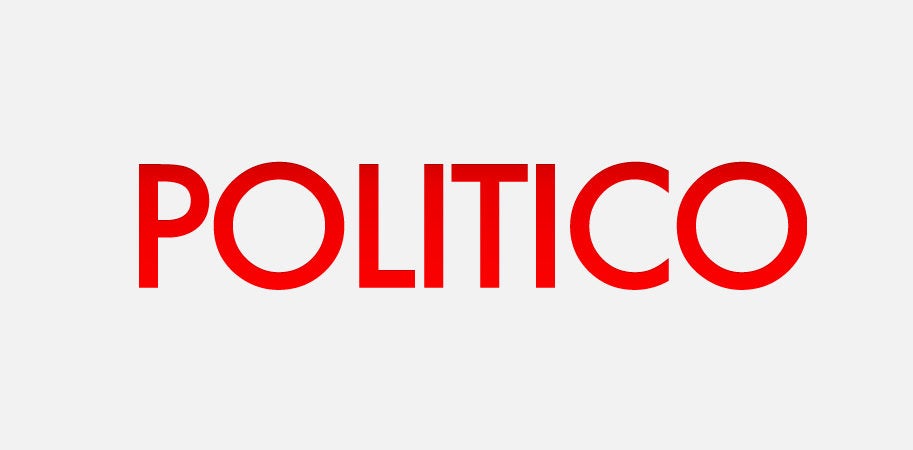Europe’s credibility as a leader on climate change risks being shredded in the Amazon rainforest if Brussels concludes a landmark South American trade pact this month.
Brazilian President Jair Bolsonaro is pushing for the Mercosur trade bloc to finalize an accord with the EU before the end of June, but EU lawmakers and scientists warn that the deal’s green clauses are toothless and will give carte blanche for increased deforestation and human rights abuses.
Under Bolsonaro, Amazon deforestation has reached a record level and Brazilian indigenous leaders say the accord will cause “blood to be spilled” as more forests are cleared to make way for ranching and sugar cane plantations.
Fully aware of the environmental sensitivities of the deal, France’s President Emmanuel Macron has called for a “balanced” pact in line with the Paris climate agreement and Trade Minister Jean-Baptiste Lemoyne last month promised to push green issues within the trade talks.
Despite such promises, however, a person involved in the deal told POLITICO that environmental provisions in the current text are no more robust than those in the EU-Mexico trade pact, which lacks real enforcement powers.
In the sustainability chapter of the Mexican deal, a panel of experts could be convened to give a binding opinion on alleged environmental or human rights abuses, but they would not have powers to levy sanctions if a party had breached its commitments.
“The main safeguard we have is the same as the Mexico language, that partners shouldn’t lower standards to attract trade and investment,” said an EU official close to the negotiations. “Sometimes the court of public opinion is more powerful than a €10 million fine. The fact that the report is independent shouldn’t be underestimated.”
EU trade chief Cecilia Malmström insisted on Monday that the EU-Mercosur trade deal would contain environmental clauses that are “as ambitious as possible” and include “a reference to deforestation.” Despite the lack of enforcement powers, she said the deal is still a useful platform: “A trade agreement cannot … solve all the miseries of the world. But we can get a context to discuss these issues,” she said.
For the Commission, a Mercosur deal is a massive prize after 20 years of stop-start negotiations that would open up leading Latin American economies (Argentina, Brazil, Paraguay and Uruguay) to European cars and machinery. In terms of tariff reduction, it will be the EU’s biggest trade accord.
But the EU faces an uphill battle to win round its critics. More than 340 civil society groups will on Tuesday call for a suspension of the trade talks over the issue of environmental clauses.
“We are living through a climate emergency and we will oppose any trade deal that risks the destruction of the Amazon to produce beef for our tables, meat that will also undermine European agriculture,” said Green MEP Molly Scott Cato.
Angst about the Amazon
The EU has promised to end deforestation in its commodity supply chains by 2020, but practice has often fallen short of ideals, according to a letter signed by 600 environmental scientists in April.
Laura Kehoe, an Oxford University scientist who organized the letter, told POLITICO that any trade deal that does not prevent deforestation “would be a slap in the face of the school kids striking for the climate.”
If the Mercosur pact “fails to protect the Amazon and its people, the EU’s climate and humanitarian commitments will lose all credibility,” she added.
EU officials argue that beef exports will rise “by well under 1 percent of Mercosur production” while soy imports would be unaffected as zero tariffs already apply. “So keep it in perspective,” one source cautioned.
Brazil is a particular source of concern: Ranching, soy production and mining have driven Brazilian forest clearances, which last year claimed 3.2 million acres of tree cover — more than the rest of South America put together.
“There are some measures taken in Brazil that we certainly do not agree with,” Malmström said.
Since his election last year, Bolsonaro has been accused of accelerating deforestation by weakening Brazil’s environment ministry, blocking indigenous land rights claims, deregulating rainforest protections and encouraging farming and mining expansion in the Amazon.
The Brazilian government said that its authorities have adopted “several actions” to fight illegal deforestation and curb illegal exploitation of indigenous land since Bolsonaro’s election.
A government spokesman said that on June 5, “Operation Sovereign Amazon brought together 165 federal environmental agents [in] the largest force ever assembled for a mission of this type, with the mandate to perform law enforcement actions — including arrests — in seven states.”
Protected areas cover 41 percent of the Amazon, “an area almost equivalent to that of the entire European Union,” the spokesman added, stressing Brazil is committed to “sustainable development and the prevention of illegal deforestation.”
But official figures show that deforestation in Brazil soared to a record high in May with 739 square kilometers of rainforest cleared. Indigenous groups say that 19 hectares of rainforest are now being lost every hour in the Amazon.
Much of the logging takes place in a legal gray zone. To reach the rainforest, loggers first have to get past the indigenous people who live there, and that is spurring a surge in human rights abuses, according to Dinaman Tuxá, an indigenous leader.
[To read full article, click here]

